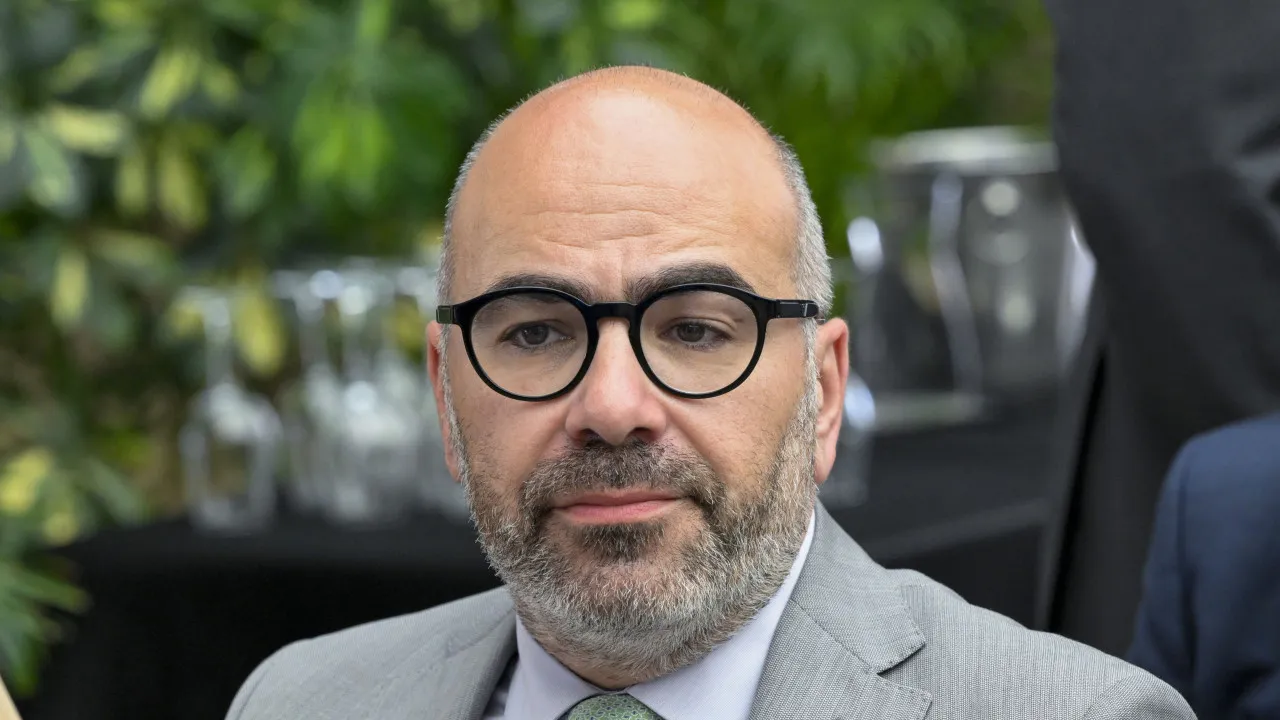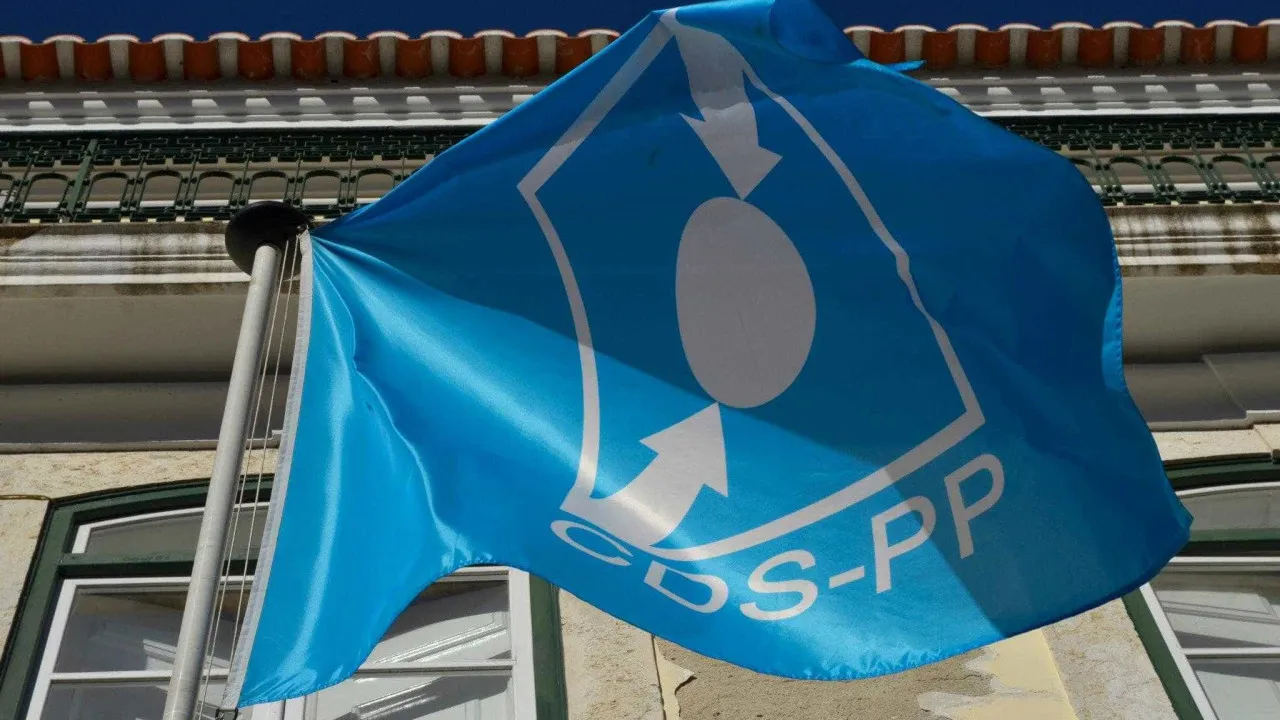
The report, preceding the enactment of new European press freedom legislation on August 8, is titled “Pressures on Public Media: A Crucial Test for European Democracies” and highlights the media in Ireland, Denmark, and Luxembourg as the most independent from political power.
Over half of European citizens (55%) believe that the public media in their countries face strong political pressures, states the Paris-based organization.
Pressures are described as “extreme” in Hungary, Poland, and Malta, according to their citizens, and “strong” in Spain, Greece, Italy, Czech Republic, Slovakia, Estonia, Latvia, Cyprus, Switzerland, Bulgaria, Slovenia, Austria, Croatia, Lithuania, Finland, and the United Kingdom.
Portugal is listed among the countries with “low pressure”, along with Germany, Romania, the Netherlands, Belgium, Sweden, and France.
According to the organization, Europe’s public broadcasters are “dangerously approaching” the executive and legislative powers, which interfere in the appointment of managers and the structure of their organizations.
“The appointment of a person directly or indirectly affiliated with a political party is very dangerous to ensure the independence of public media and for them to continue contributing to their mission of general interest,” emphasizes Elena García, RSF spokesperson, to EFE.
In the report, RSF highlights the creation in Portugal in 2014 of an independent council (CGI – General and Independent Council) for RTP, which ended government appointments of directors, with this six-member body granting RTP more autonomy from political power.
The new European Media Freedom Act (EMFA) will be fully implemented from August 8 and will require Member States to allocate “sufficient, stable and predictable” public funds to these entities.
For this, RSF considers that economic allocation through a General State Budget allocation, as is the case in Spain, the Netherlands, Belgium, or Romania, could be “dangerous” unless it includes “concrete measures” to ensure its durability and protect against potential political pressures.
The document also notes Portugal in a group where public service media are often criticized for being too expensive, both in countries that underwent austerity measures (Spain, Portugal, Italy) and in countries with a more favorable economic situation (Switzerland, Germany).
In terms of trust, it is worryingly low in Hungary, where only 23% of citizens deemed public television networks a reliable source in 2023, as well as in Poland, where, in 2023, 38% of the population viewed the media as unreliable.
In this context, RSF proposes a series of recommendations, particularly concerning multiannual funding with guarantees of independence.
They also suggest studying a European-level funding system based on a levy imposed by EU Member States on digital platforms.
Moreover, it calls for European regulators to develop common mechanisms to ensure internal pluralism, as well as the creation of specific bodies tasked with safeguarding independence and monitoring conflicts of interest.




